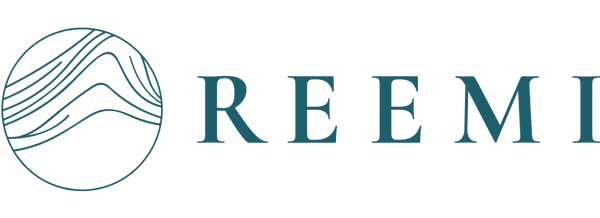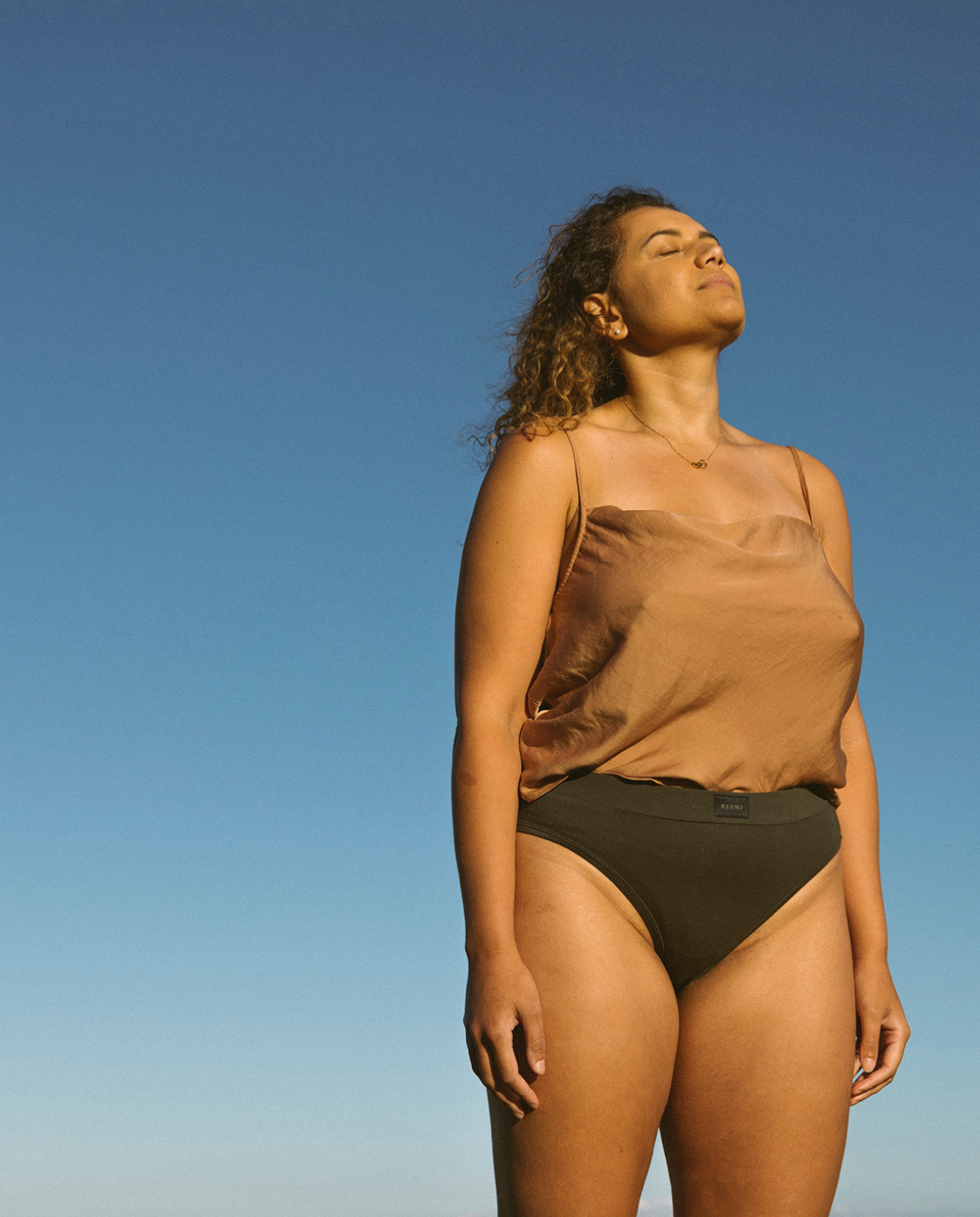
Reemi goes to Europe (part two)
Share
Hello again! We're excited to bring you part two of our whirlwind trip to Europe.
Last week we talked about the big picture - our goal and vision for Reemi. And after all of our groundwork in the garment sector, how this vision is now leading us into the humanitarian sector, which is what led us to EEHF (the Emergency Environmental Health Forum) in Budapest.
Which brings us to Ukraine.
The following is written from Em - after EEHF in Budapest she headed to Poland, where we were loosely undertaking a field assessment visit, with a view to identify suitable WASH sector partners to work with.
"I’m writing this from Lublin, about 1.5 hours from the Ukrainian border or 3.5 hours from Lviv. The support for Ukraine is noticeable in day to day life here. It seems that the streets are busy and packed on this Sunday afternoon. On the odd occasion, you notice a Ukrainian car by the flag on the number plate but as an ignorant foreigner, it would be hard for me to distinguish if someone was Polish or Ukrainian.
It seems rather aspirational that refugees are not obviously standing out. My Dad and his family were refugees to New Zealand and they stood out in regional NZ. Saying that my family were refugees 10 years ago would have been a rather shocking statement. Nowadays, it seems far more prevalent and that’s because the number of refugees have exponentially grown. 100 million people have been forcibly displaced (2022 - graph below is till the end of 2021), this means 1 in every 78 people on earth has been forced to flee – a dramatic milestone that few would have expected a decade ago.

A graph showing the huge leap in the number of people forcibly displaced since 1991 (Source)
In Poland, we're here to listen and learn - our aim would be to work with WASH partners to support the inclusion of culturally appropriate MHM products in hygiene kit distributions. We're expecting to find that MHM isn’t being prioritised.
Ukraine is the largest refugee crisis in modern history but we are learning that the needs differ greatly from other refugee crises. The need inside Ukraine is great but the need in the host countries is less than some other countries or emergencies, so understanding this need is really important before donation of products or aid occurs.
We need to understand what is needed before we make a decision on what the response is. There is nothing worse than donating stuff that doesn’t get used or is more of an inconvenience (and sometimes more harmful) than helpful.
Back in Lublin, there’s a vibrancy in the city as families walk around on a Sunday afternoon. The town square has a small concert in support of Ukraine, with many people emotionally belting out songs Karaoke style and people asking for donations to support the crisis. A rousing song of the national anthem draws a larger crowd. This city has pulled above its weight to both support people in Ukraine and support those fleeing the war.

Chelm
First up, we’re in the new field office for UNHCR (United Nations High Commissioner for Refugees). They’ve been running field assessments for people as they come to the border, assessing what they need and understanding any major gaps there might be. Katar explains the process in depth to me of how one treks across from Ukraine to Poland. It’s become quite simple these days. Once you board a regular train, within a day you can be safe in Poland.
Abu from UNHCR shared how the burden of refugees has been absorbed right across the EU, so the burden and needs are being shared very well across multiple host countries. Not a lot of people will choose to stay in Poland (rough estimates about 1 million who have acquired the Polish ID) but most have travelled further afield.
I wish this was the case for most refugee crises. That other countries would be so welcoming and the burden share was more equal. Freedom of movement really helps dignify people, allow them to meet their own needs more quickly and much less reliance on long term aid. I digress.

One of the many portaloos (toi toi)
When it comes to WASH and MHM, the toilets are portaloos (toi toi) and are absolutely insufficient. Most of the people travelling are mothers with children and it's impossible for them to help their children use the toilet inside the small box. There are ample tampons and pads at the reception centres, where refugees are able to regularly access aid. Although, there’s great uncertainty with the supply as they have had plenty of donations at the beginning, but they’re starting to slow significantly. The lack of laundry facilities at the washing areas sparks a conversation about our washing bags - which in Katar’s words would be extremely useful. I’ve been using our washing bags as I travel and I’m certainly grateful for them!
Our time in Poland so far has been incredibly insightful, and only goes to show how nuanced and unique this situation is. While there is a lot to be said for providing immediate aid, in the long term a more considered and thought out response will do more good. We're all about evidence-based research, so it's good to be here on the ground to get more of a complete picture as to what is required in the long term.
We met with a bunch more great organisations and people in Poland, so stay tuned for part 3!

